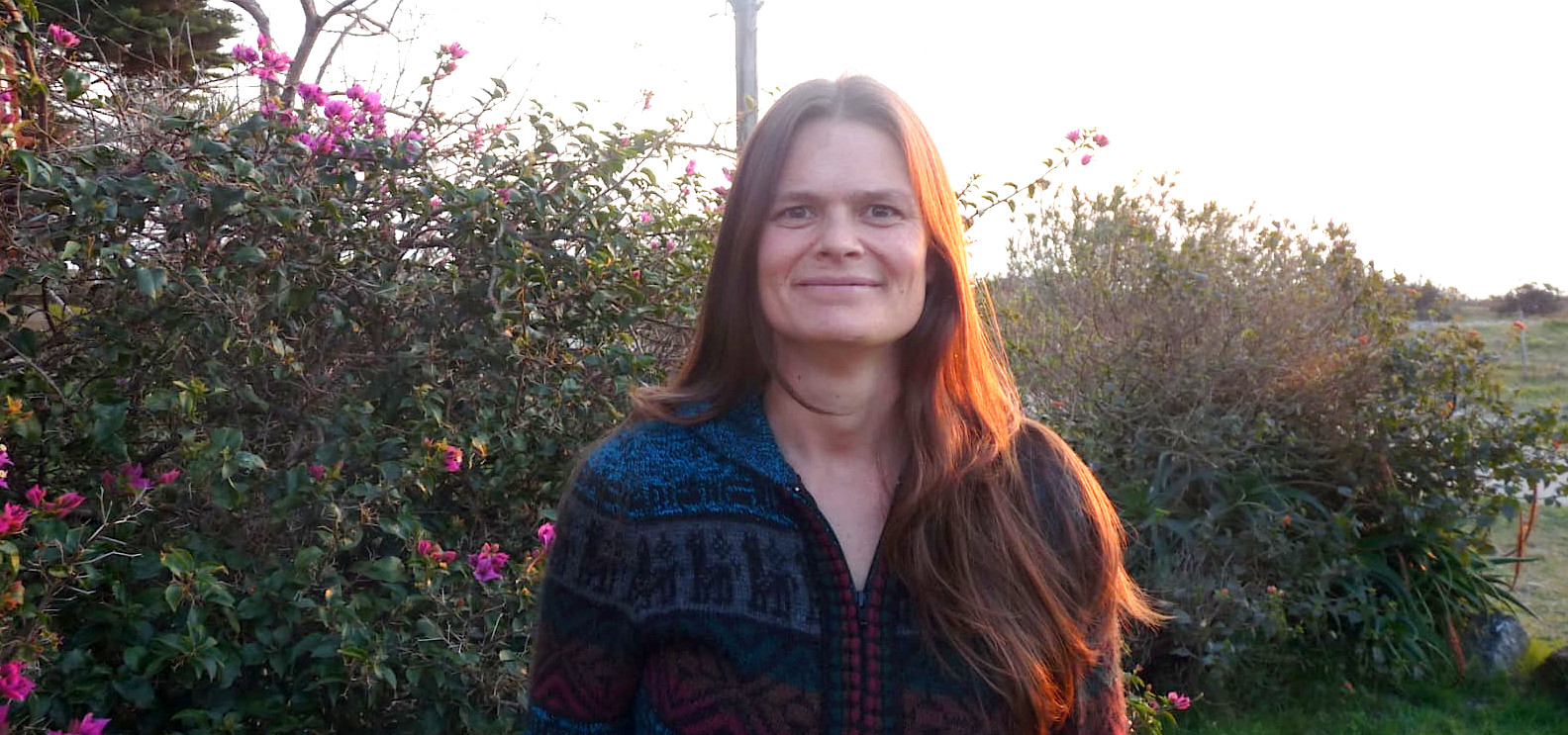Describe your organisation, its vision and mission.
The South American Institute for Resilience and Sustainability Studies (SARAS) is a transdisciplinary research center, focused on sustainable development, the environment and human well-being. SARAS seeks to generate new knowledge on issues such as climate change and water resources, land and ocean uses, food security in the countryside and in the city, among others.
To overcome the fragmentation of knowledge and visions, SARAS promotes innovative approaches based on the co-production of knowledge from the interaction between different disciplinary domains, knowledge systems, science and art, and science-policy dialogue. The institute's activities include research, teaching, capacity building and advice to public and private organisations.
SARAS’ headquarters are in the town of Bella Vista, Maldonado department, Uruguay.
How long has SARAS been a GWP Partner?
SARAS has been part of GWP since September 2018, as a member of the regional association of GWP South America. As a transdisciplinary research center of regional and international scope, it seemed important to join the efforts of the numerous organisations that GWP brings together (including government entities, academia, professional associations, international organisations, NGOs, private sector) to advance Integrated Water Resources Management (IWRM) worldwide.
What are the benefits of being a GWP partner?
The benefits are varied and include the strengthening of alliances or cooperation links, support in the dissemination of activities or projects, information on calls for funds, etc.
Please share a challenge facing the management of water resources in your area of expertise.
One of the main challenges of water management in the countries of our region is to overcome the centralised, hierarchical and fragmented management of water resources. While there is legislation that facilitates or promotes the transition to IWRM, in practice there are many obstacles. Government institutions often need to strengthen specific capacities so s that the transition towards an integrated management model can take place.
Has the COVID-19 situation impacted your work?
The context of the pandemic strengthened the virtual work modality. For example, courses that used to be taught in person, were taught virtually, allowing the inclusion of people from different countries in addition to Uruguay. The institute's communication strategy was also adapted to diffusion of news and research on COVID-19 to a wider audience.
Likewise, in conjunction with other institutions we are developing the project "COVID Foodways: Food in the time of COVID-19", which studies the effects of physical distancing measures on the route of food, from when they are produced to when they are consumed and discarded, within the framework of the thematic cycle of the institute on Food and sustainability.
Are there any special projects or initiatives that you would like more widely known?
We would like to publicize the GovernAgua Project - "Transforming water governance in South America: from reaction to adaptation and anticipation", which we are developing together with institutions in Argentina, Brazil and Uruguay, with financial support of the Inter-American Institute for Global Change Research (IAI).
GWP South America is one of the partner organisations of the project and provided specific support for the first workshop of the entire research team in 2019. The project is focused on six basins of these three countries, and the objectives include the analysis of water crises as windows of opportunity for changes in management and governance, in addition to strengthening the adaptation and anticipation capacities of different actors.
Photo: Micaela Trimble

